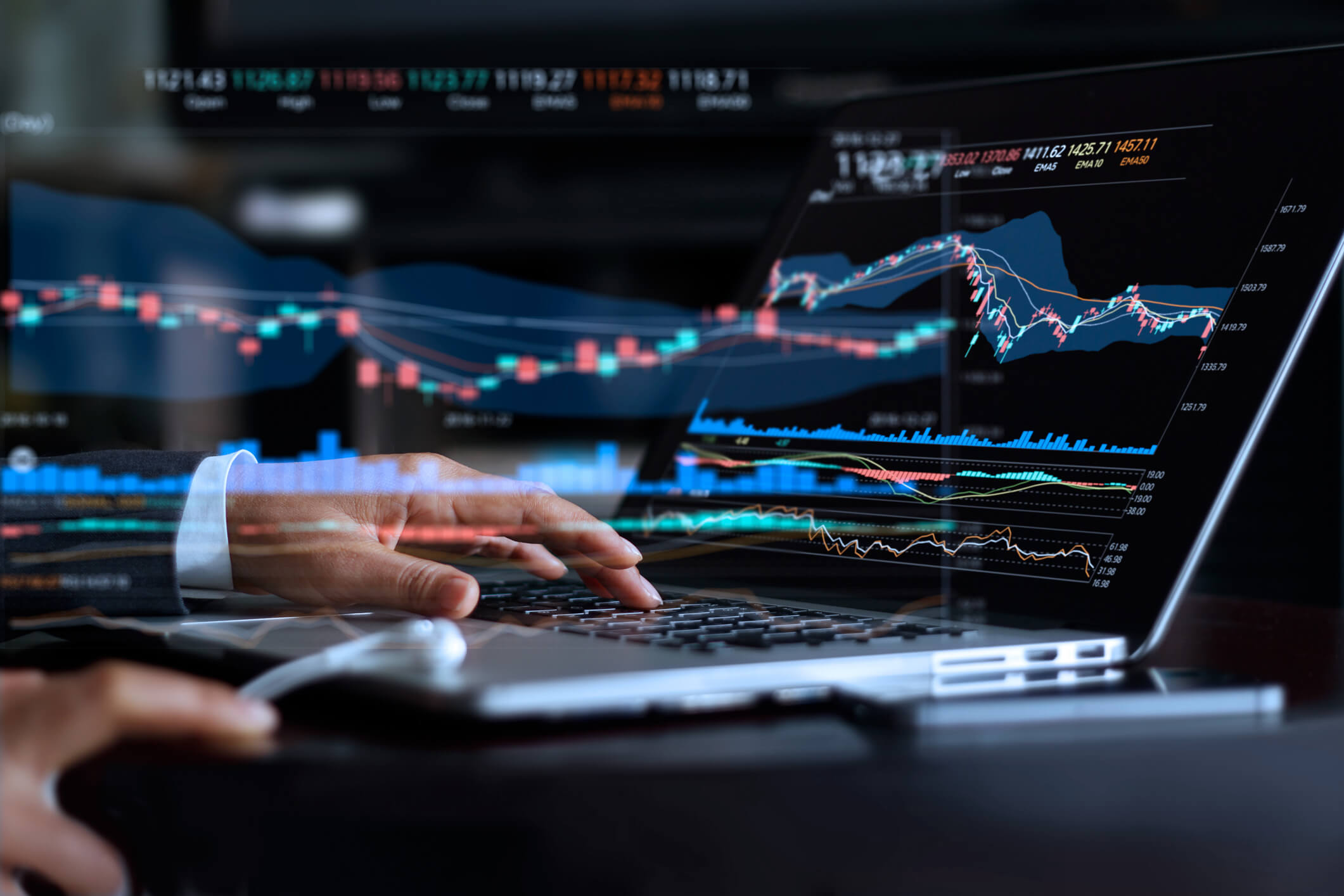What is economic growth?
The answer is self-evident: it is the economy’s growth. But how do they assess whether or not there is growth by measuring this indicator?
For example, we look at a person’s salary first to see if they are wealthy. The more he makes, the more he can afford a large house, a prestigious automobile, expensive vacations, private schools for his children, treatment at the best clinics, and other monetary perks of civilization.

It’s the same with a country’s economy: the higher its total GDP, the more its citizens can afford. Another factor is that measuring the income of an entire nation is more complex than measuring the payment of a single individual.
GDP (gross domestic product) is a measure of this. If the GDP is increasing, the country is experiencing growth. Have you ever wondered how the economy works locally, nationally, or globally? We’ll review some basic economic terminology, ideas, and distinct forms of economics. The global and local economies are rarely out of the news, whether prosperous or in decline. But, what do these terms imply, and how does the economy function? We look at the basic concepts of economics, how they affect the world around us, and how we may influence them. We’ll review some of the fundamental economic terms and ideas and the many economic systems and types of economies. Finally, we look at how the economy functions.

Key terms are defined. Let’s begin by familiarizing ourselves with some phrases you will use throughout the article. These simple definitions can be used as a guide:
There’s a bang and a crash. This refers to an economic pattern of growth followed by a slump, often known as the business cycle.
A budget is an annual plan for government expenditure and taxation. A large sum of money Capital can be defined as money or assets used in the economy.
Debt is an issue that multiple people face—a vital component of economic development. Debt enables governments, businesses, and individuals to make investments they otherwise would not be able to make.
Economics is the study of how things work. The distribution of resources and capital is determined by an economy, which is a complex network of production and consumption. Economics is a branch of economic science. The study of how people use resources in society. The monetary system. Institutions and organizations make it easier for money to circulate in the economy.
Impact on the economy
We’ve discovered that the economy is all around us, and we’re all affected by it. How does the economy, on the other hand, affect our daily lives? As you can think, there are several considerations in this situation. We’ve underlined a couple of them below:

Costs of living The cost of living is inextricably linked to the state of the economy. This is the money required to pay essential expenses such as food, shelter, and taxes. The rate of inflation is used to calculate this cost.
The value of a currency unit drops when the cost of goods and services rises. % of people employed A flourishing economy will result in more job creation.
As the demand for goods and services (resources) grows, more people are required to supply them, resulting in more job opportunities. The opposite is also true: when demand is low, fewer jobs are available.
Spending by the government. A country’s economic performance will influence government policy and spending. Cash flow improves as firms earn more money and pay more taxes, allowing the government to invest in infrastructure and services.
Life satisfaction. As a country’s economy develops, more resources become available to invest in areas like education and healthcare. Furthermore, it indicates that more jobs are being generated, poverty is decreasing, and people’s overall well-being is improving in this economy. In theory, at least.
This is, once again, a very simplified exposition of these concepts. It has to do with how society develops and expands and how it can be a catalyst for change. Various complications and systems determine the economic implications for individuals, organizations, and countries.
 About Complete Controller® – America’s Bookkeeping Experts Complete Controller is the Nation’s Leader in virtual bookkeeping, providing service to businesses and households alike. Utilizing Complete Controller’s technology, clients gain access to a cloud platform where their QuickBooks™️ file, critical financial documents, and back-office tools are hosted in an efficient SSO environment. Complete Controller’s team of certified US-based accounting professionals provide bookkeeping, record storage, performance reporting, and controller services including training, cash-flow management, budgeting and forecasting, process and controls advisement, and bill-pay. With flat-rate service plans, Complete Controller is the most cost-effective expert accounting solution for business, family-office, trusts, and households of any size or complexity.
About Complete Controller® – America’s Bookkeeping Experts Complete Controller is the Nation’s Leader in virtual bookkeeping, providing service to businesses and households alike. Utilizing Complete Controller’s technology, clients gain access to a cloud platform where their QuickBooks™️ file, critical financial documents, and back-office tools are hosted in an efficient SSO environment. Complete Controller’s team of certified US-based accounting professionals provide bookkeeping, record storage, performance reporting, and controller services including training, cash-flow management, budgeting and forecasting, process and controls advisement, and bill-pay. With flat-rate service plans, Complete Controller is the most cost-effective expert accounting solution for business, family-office, trusts, and households of any size or complexity.




